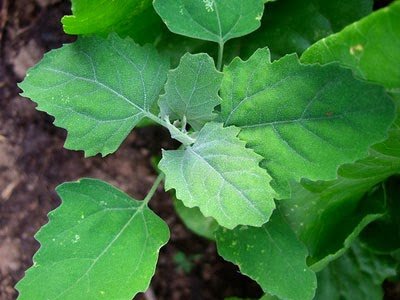Liquid Consortia (NPK) Biofertilizer
We ViViCrop Farm Science is working in the Industry of Bio Fertilizer and Organic Fertilizer.
What is Liquid Consortia (NPK) Biofertilizer?
Liquid consortia (NPK) biofertilizer is a mixture of beneficial microorganisms formulated in a liquid medium that can provide essential nutrients—Nitrogen (N), Phosphorus (P), and Potassium (K)—to plants. This biofertilizer combines different types of nitrogen-fixing, phosphate-solubilizing, and potassium-mobilizing bacteria, creating a synergistic effect that enhances nutrient availability and promotes plant growth.
Types of Microorganisms in Liquid Consortia (NPK)
- Nitrogen-Fixing Bacteria:
- Azospirillum spp.: Fix atmospheric nitrogen and promote root growth.
- Azotobacter spp.: Free-living bacteria that fix atmospheric nitrogen.
- Rhizobium spp.: Form symbiotic relationships with legumes to fix nitrogen.
- Phosphate-Solubilizing Bacteria (PSB):
- Bacillus megaterium: Solubilizes phosphate by secreting organic acids.
- Pseudomonas fluorescens: Produces organic acids that release phosphate from insoluble compounds.
- Potassium-Mobilizing Bacteria (KMB):
- Bacillus mucilaginosus: Mobilizes potassium from mineral sources.
- Frateuria aurantia: Solubilizes potassium by producing organic acids.
Relevance and Importance
- Enhanced Nutrient Availability: Liquid consortia provide essential nutrients (N, P, K) in a form that plants can readily absorb, promoting balanced nutrition.
- Sustainable Agriculture: Reduces the need for chemical fertilizers, supporting eco-friendly farming practices.
- Cost-Effectiveness: Lowers input costs for farmers by minimizing the reliance on synthetic fertilizers.
- Environmental Protection: Reduces soil and water pollution associated with chemical fertilizers.
- Soil Health: Improves soil structure, fertility, and microbial diversity.
Use and Benefits
- Improved Nutrient Uptake: Enhances the availability and absorption of nitrogen, phosphorus, and potassium.
- Better Plant Growth: Promotes vigorous plant growth, resulting in higher yields and better quality produce.
- Enhanced Soil Fertility: Improves soil health by increasing organic matter content and microbial activity.
- Stress Resistance: Increases plant resilience to environmental stresses such as drought, salinity, and diseases.
- Yield Improvement: Results in higher crop yields due to improved nutrient uptake and plant health.
Crops Benefiting from Liquid Consortia (NPK) Biofertilizer
Liquid consortia (NPK) biofertilizers can be used with a wide range of crops, including:
- Cereals: Wheat, rice, maize, barley.
- Vegetables: Tomatoes, potatoes, carrots, cucumbers, peppers.
- Fruits: Bananas, citrus, apples, grapes.
- Legumes: Soybeans, chickpeas, lentils, beans (complementing Rhizobium biofertilizer for overall nutrient balance).
- Non-leguminous Cash Crops: Cotton, sugarcane, coffee, tea.
- Horticultural Crops: Flowers, ornamental plants, turfgrass.
- Oilseeds: Sunflower, safflower, canola.
Application Stage
Liquid consortia (NPK) biofertilizers can be applied at various stages of crop growth:
- Seed Treatment: Seeds are soaked in the liquid consortia before planting. This ensures early colonization and establishment of beneficial microorganisms.
- Soil Treatment: Liquid consortia can be applied to the soil as a drench or through irrigation systems, ensuring the microorganisms are present in the root zone.
- Root Dipping: Seedlings can be dipped in the liquid consortia solution before transplanting to ensure root colonization by the microorganisms.
- Foliar Spray: In some cases, liquid consortia can be applied as a foliar spray to provide additional nutrients directly to the plant leaves.
Benefits at Different Crop Stages
- Germination and Early Growth: Enhanced root development and early establishment due to better nutrient availability and microbial activity.
- Vegetative Stage: Improved plant vigor and growth, leading to robust plant development and increased resistance to stress.
- Reproductive Stage: Better flowering and fruit set, resulting in higher yields and improved quality of the produce.
Conclusion
Liquid consortia (NPK) biofertilizer is a vital tool in sustainable agriculture, offering numerous benefits such as enhanced nutrient availability, improved plant growth, and increased crop yields. Its application to a wide variety of crops at different growth stages ensures effective colonization by beneficial microorganisms, promoting overall plant health and productivity. By integrating liquid consortia (NPK) biofertilizers into crop management practices, farmers can achieve better yields while supporting ecological balance and environmental conservation.









